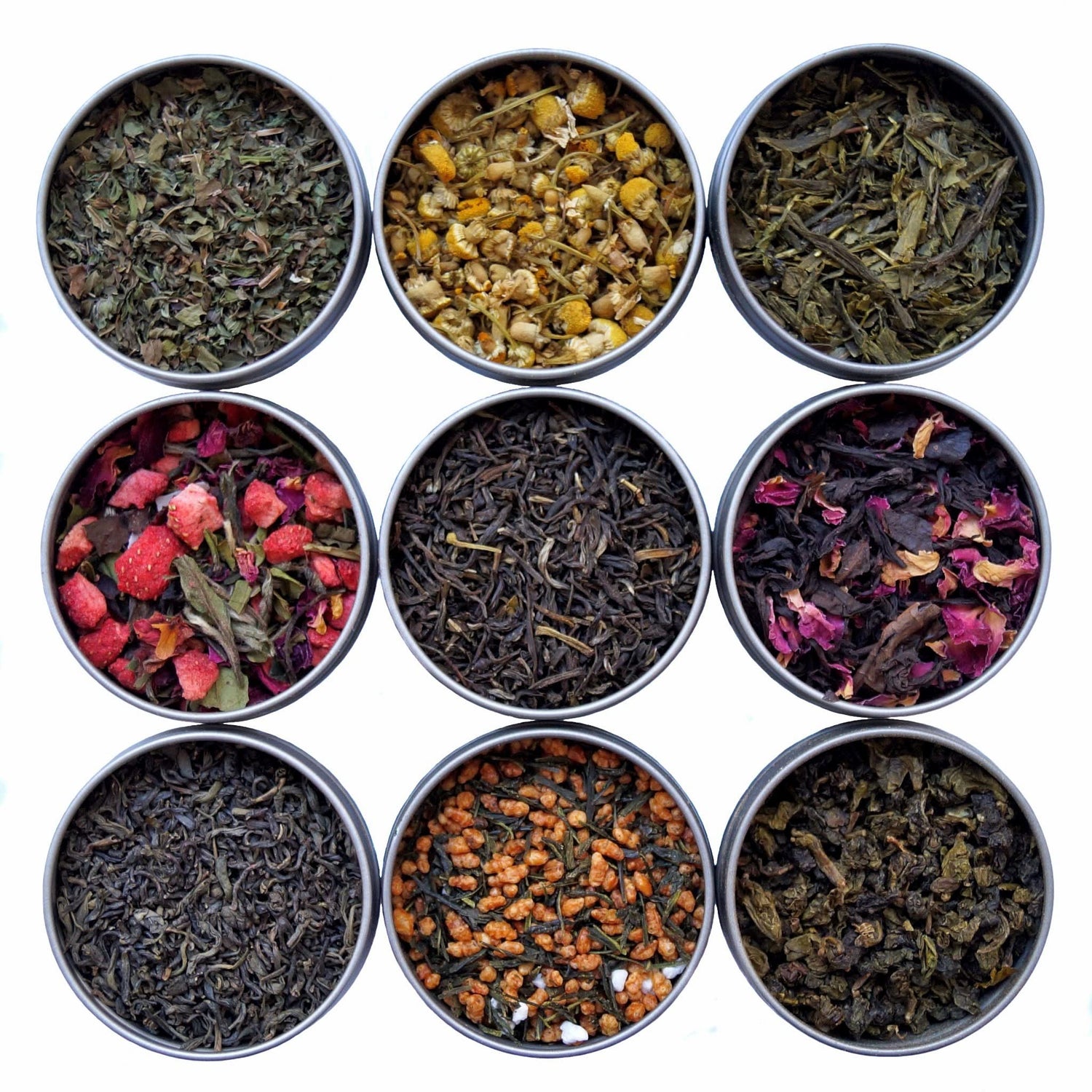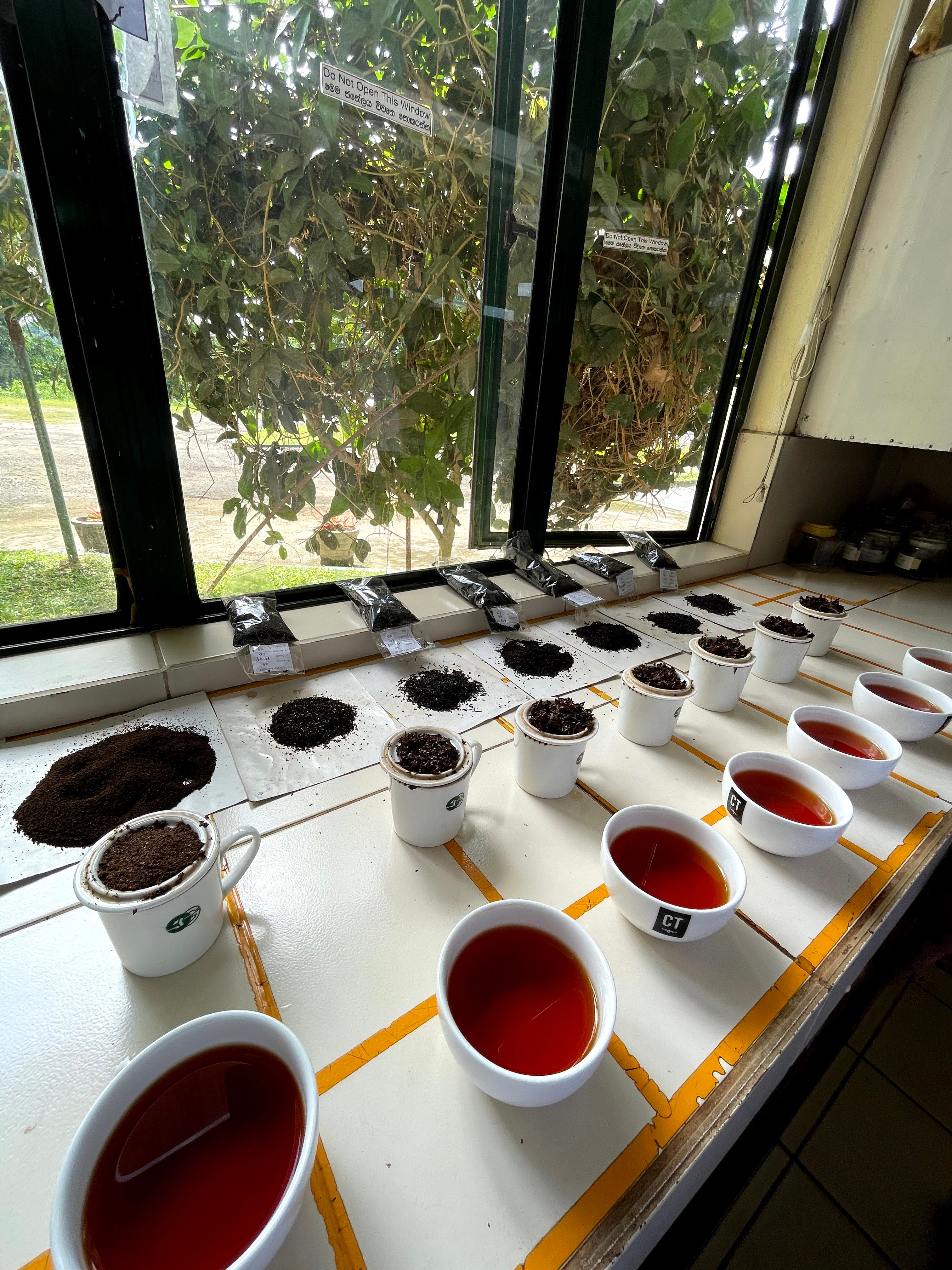For die-hard tea lovers, the allure of a perfect cup of tea knows no bounds. The journey from tea gardens to teapots is steeped in tradition, culture, and an appreciation for the delicate flavor. As we savor every sip of our favorite blends (Kola Goodies, of course 👀), a question lingers: can tea leaves ever run out? Let’s understand the source of our beloved tea leaves, the sustainability of tea production, and how our passion for tea can help protect this treasured beverage for generations to come.
The Origins of Tea: A Bountiful Source
A Gift from Nature:
Tea, derived from the Camellia sinensis plant. The lush tea gardens in regions like China, India, Sri Lanka, Japan, and Kenya, to name a few, are home to abundant tea bushes that yield the tender, aromatic leaves we cherish. The tea plant is resilient, thriving in diverse climates and elevations, ensuring a continuous supply of tea leaves year after year.
The Art of Plucking:
Tea plucking is an art passed down through generations, carefully selecting the youngest and most tender leaves, known as "flushes." These leaves are rich in flavor and essential oils, creating the foundation for the delightful taste profiles that tea lovers adore.
Sustaining Tea Production: A Balancing Act
Nurturing Tea Gardens:
Sustainable tea production involves nurturing tea gardens through responsible agricultural practices. Tea growers carefully manage the health of the soil, water resources, and biodiversity to ensure the tea plants thrive and continue to produce abundant leaves year after year.
Responsible Harvesting:
Responsible harvesting practices ensure that tea leaves are plucked in a manner that promotes the plant's health and regeneration. By allowing tea bushes to rest and grow between plucking cycles, the sustainability of tea production is safeguarded, ensuring that tea leaves never run out.
The Diverse World of Tea: An Infinite Palette
Different Types of Tea:
The world of tea is incredibly diverse, with various types of tea such as black, green, and white, each possessing its unique flavor profiles. Additionally, herbal infusions and the addition of spices offer an endless array of aromatic brews, making tea exploration a lifelong adventure.
Blending and Creativity:
Tea blending is an art that allows tea lovers to create their unique and personalized brews. By combining different tea types, flavors, and aromas, enthusiasts can continuously discover new tastes, ensuring that their love for tea is an ever-evolving experience.
Caring for the Tea Ecosystem
Supporting Ethical and Sustainable Practices:
Die-hard tea lovers have the power to influence the tea industry positively. By supporting South Asian farmers and suppliers that adhere to ethical and sustainable practices, we help ensure that tea production remains environmentally friendly, socially responsible, and economically viable.
Embracing Organic and Fair Trade:
Organic tea farming eschews harmful chemicals, preserving the purity of the tea leaves and protecting the environment. Additionally, supporting fair trade practices empowers tea farmers and workers, ensuring their well-being and that of their communities.
The Future of Tea: A Shared Responsibility
Advocating for Tea Preservation:
As die-hard tea lovers, we can be advocates for the preservation of tea culture and the environment. By raising awareness about the importance of sustainable tea production and supporting initiatives that protect tea gardens and their ecosystems, we contribute to the longevity of our favorite beverage.
Reducing Tea Waste:
Reducing tea waste is another way we can contribute to the sustainability of tea production. Mindful brewing practices and composting used tea leaves can minimize our ecological footprint, ensuring that each cup of tea is a step towards a greener future.
In the world of die-hard tea lovers, the notion of tea leaves running out is a delightful paradox. As we explore the vast and diverse world of tea, we discover an infinite journey filled with new flavors, scents, and experiences. The sustainability of tea production is not only the responsibility of tea growers and producers but also of the passionate tea enthusiasts who cherish this time-honored beverage.




Leave a comment
This site is protected by hCaptcha and the hCaptcha Privacy Policy and Terms of Service apply.